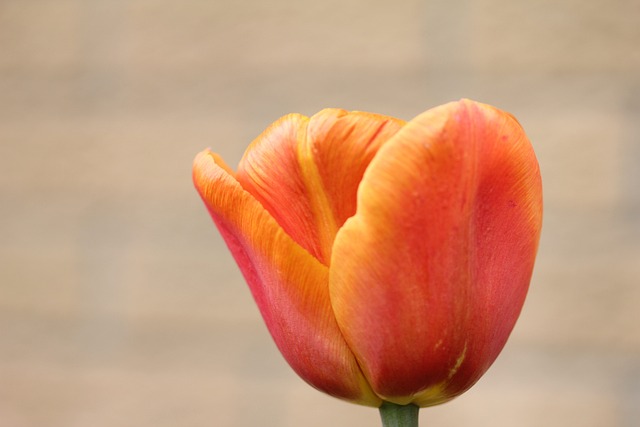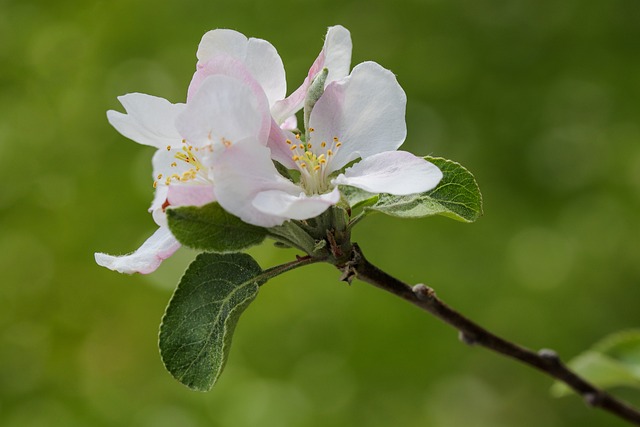casimba-casimba slots
Casimba: The Quintessential Pulse of Brazilian Cultural Identitycasimba

In the rich tapestry of Brazilian culture, certain elements stand out, resonating deeply with the heart and soul of its people. Among these, the unique and vibrant music and dance style known as casimba emerges as a defining feature, intricately woven into the fabric of the nation’s identity. This remarkable expression of cultural heritage not only captivates with its rhythmic allure but also serves as a powerful medium through which communities articulate their histories, struggles, and aspirations.
Casimba, at its core, is an embodiment of the fusion of diverse influences that characterize Brazil itself. Rooted in African traditions brought over during the transatlantic slave trade, it reflects the resilience and creativity of those who sought to preserve their cultural identity amidst oppression. As one delves into the history of casimba, it becomes evident that this art form is not merely a dance or music genre; it is a profound testament to the enduring spirit of a people who have continuously redefined themselves.casimba

The dance associated with casimba is a vibrant spectacle to behold. With its lively movements, it invites participants and spectators alike to engage in a collective celebration of life. Dancers often don colorful costumes that reflect the vibrancy of their heritage, with intricate patterns and designs symbolizing various aspects of their cultural narratives. The energy is palpable, as dancers move in synchrony, their bodies telling stories of joy, sorrow, love, and resistance. Each step, each twirl carries the weight of history while simultaneously forging connections to the present and future.casimba
The music of casimba is equally captivating, characterized by its rhythmic complexity and melodic richness. Traditional instruments such as the berimbau, atabaque, and pandeiro create a soundscape that is both enchanting and invigorating. These instruments, often played live during performances, generate a palpable energy that compels individuals to join in the dance, transcending barriers of language and background. The beats of casimba resonate with the spirit of community, uniting people in a shared experience that celebrates their collective identity.
Moreover, casimba serves as a platform for social commentary and activism. In a country marked by stark inequalities and social injustices, this art form has evolved to address pressing issues within society. Through its lyrics, performers often highlight themes of resistance, solidarity, and hope, using the stage as a vehicle for raising awareness and fostering dialogue. The performance of casimba thus transforms into a powerful act of cultural affirmation, reminding audiences of their shared history and the importance of standing together in the face of adversity.
Beyond its cultural significance, casimba also plays a vital role in education and community building. Workshops and classes dedicated to teaching this art form are increasingly popular, allowing younger generations to connect with their roots and understand the importance of preserving their cultural heritage. These initiatives not only foster a sense of pride among participants but also contribute to the broader movement of cultural revitalization that is gaining momentum across Brazil.
In recent years, casimba has garnered international recognition, captivating audiences far beyond its place of origin. Festivals and cultural exchanges have introduced this dynamic art form to global stages, where it continues to inspire and engage diverse audiences. This international interest not only elevates the profile of casimba but also provides a platform for Brazilian artists to share their narratives, enriching the global cultural landscape with the stories and rhythms of Brazil.
As casimba continues to evolve, it remains essential to honor its roots and the communities that have nurtured it. The future of this art form lies in the hands of those who practice it, ensuring that it remains a living tradition that adapts to contemporary realities while staying true to its foundational values. In a world that often seeks to homogenize cultural expressions, casimba stands as a vibrant reminder of the beauty of diversity and the power of art to unite and inspire.casimba
In conclusion, casimba is more than just a dance or a musical genre; it is a celebration of Brazilian cultural identity, a vehicle for social change, and a bridge connecting past, present, and future. As it captivates hearts and minds both locally and internationally, casimba reaffirms the richness of Brazil's cultural heritage and the unwavering spirit of its people. It is a testament to the fact that through rhythm and movement, stories are told, communities are built, and identities are celebrated. The pulse of casimba continues to resonate, echoing the vibrant spirit of a nation that dances to its own beat, proudly and defiantly.casimba
